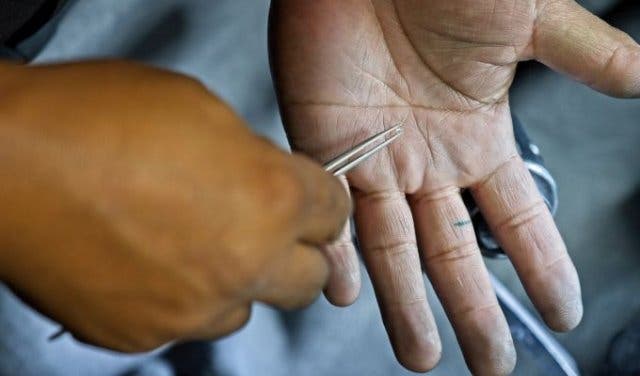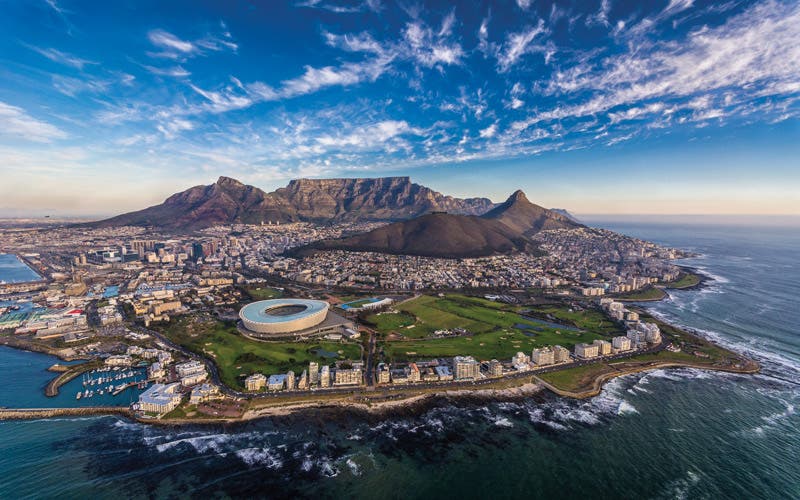![]() Brewery with food specials every single ...
Brewery with food specials every single ...
Daily deals on classic comfort meals like burgers, schnitzel, ribs, steaks…
| Mon - Sun | From 09:00 | |
 | 082 888 8888 |
 | Shop 7228, V&A Waterfront | The Clock Tower, Waterfront | The Rockwell, Green Point Cape Town |
 | http://shimansky.com |
 | enquiries@shimansky.com |
 | shimanskycollection |
 | shimanskyjewellery |
A look at the background of Mzansi’s most sought-after stone
Though the global history of diamonds dates back around 3.3 billion years when these treasured stones were first formed by high pressure and heat deep within the earth’s crust, the South African story of these gems only began in 1867 with their local discovery. It’s a tale of enchantment, wealth, fire and beauty, and it’s certainly a universally significant one as since it was first established that our nation’s soil is rich with sparkling crystals, South Africa has made an indelible mark on the world’s diamond industry, becoming one of the leading producers on the planet.
For those who are eager to learn about this glittering slice of our country’s past, or for prospective engagement ring purchasers who want to know more about this gem’s roots, we’ve put together a historical timeline below. This chronological look-back sheds light on the journey diamonds have taken from the moment they were discovered in the Northern Cape to current times, as told by renowned local jeweller Shimansky, who have long been the shining stars of the South African jewellery industry.

SHIMANSKY’S TIMELINE OF THE HISTORY OF DIAMONDS IN SOUTH AFRICA





The above are many of the most significant milestones in this cherished stone’s South African past, but no doubt we can expect plenty of new developments and designs in future from forward-thinking retailers like Shimansky.
Visit the Shimansky flagship jewellery showroom at the V&A Waterfront to learn more. Entrance will cost R50/p.
---
Shimansky’s newest ring is a love letter to Cape Town
Considering purchasing one of these sparkling stones? Have a glance at Shimansky’s guide to buying diamonds and tanzanite in South Africa.
---
Use our events section for an up-to-date overview of happenings in Cape Town. Also, don’t forget to subscribe to our newsletter and if you have a smart phone, add m.capetownmagazine.com to your home screen for quick access on the go!
Follow us on Twitter, like us on Facebook, join our Google+ circle, connect with us on LinkedIn, check out our photos on Instagram and follow our Pinterest boards for updates on what’s happening in an around the Mother City!
![]() Brewery with food specials every single ...
Brewery with food specials every single ...
Daily deals on classic comfort meals like burgers, schnitzel, ribs, steaks…
![]() Paul Clüver concerts are back for ...
Paul Clüver concerts are back for ...
Karen Zoid, Elvis Blue, Nataniël, Kurt Darren & more
![]() Bucketlist fine dining with ...
Bucketlist fine dining with ...
Guest called it “the best meal I’ve had anywhere in the world”
![]() Knysna, but not the Knysna you think
Knysna, but not the Knysna you think
Locals help us uncover the hidden treasures of this Garden Route gem
![]() Filini at Radisson Cape Town Foreshore
Filini at Radisson Cape Town Foreshore
Tiramisu martinis, lasagne crocchetta and more
![]() Cape Town’s top African drumming ...
Cape Town’s top African drumming ...
A layered story of South Africa’s musical traditions
![]() What locals don’t know about Table ...
What locals don’t know about Table ...
Cape Town’s highest bar (no ticket needed), free tours + more
![]() Jazz nights at Dutchies by Grotto Beach
Jazz nights at Dutchies by Grotto Beach
6pm to 8pm every last Friday of the month
![]() Norval Foundation, the art museum with ...
Norval Foundation, the art museum with ...
Unmissable summer exhibitions, picnics amongst the sculptures, & more
![]() Lunch at mischu: R99 special with ...
Lunch at mischu: R99 special with ...
Avo & salsa on sourdough and cappuccino for R99, + try the viral crookie
![]() All you need to know about Maynardville ...
All you need to know about Maynardville ...
Everything you need to know: Parking, VIP experiences, tickets & more